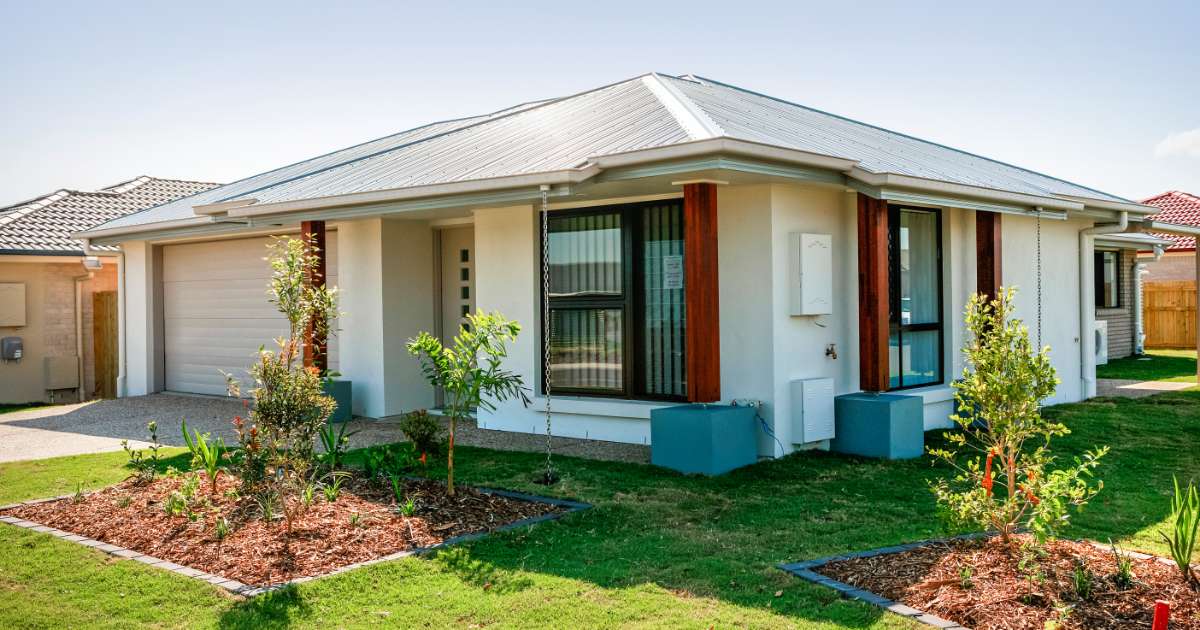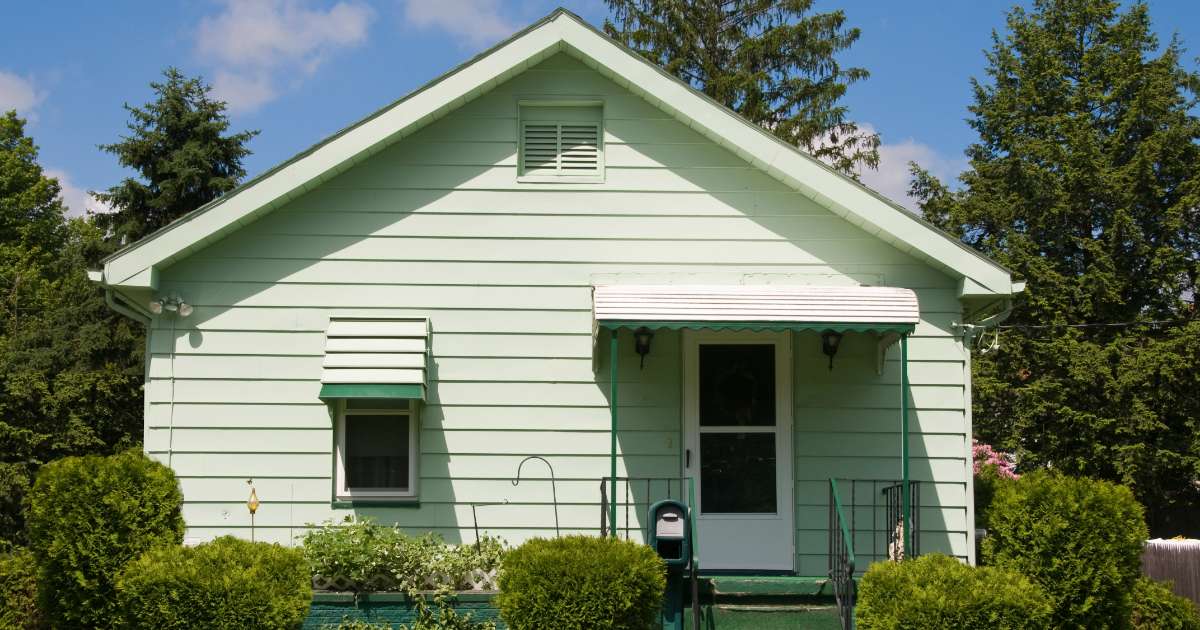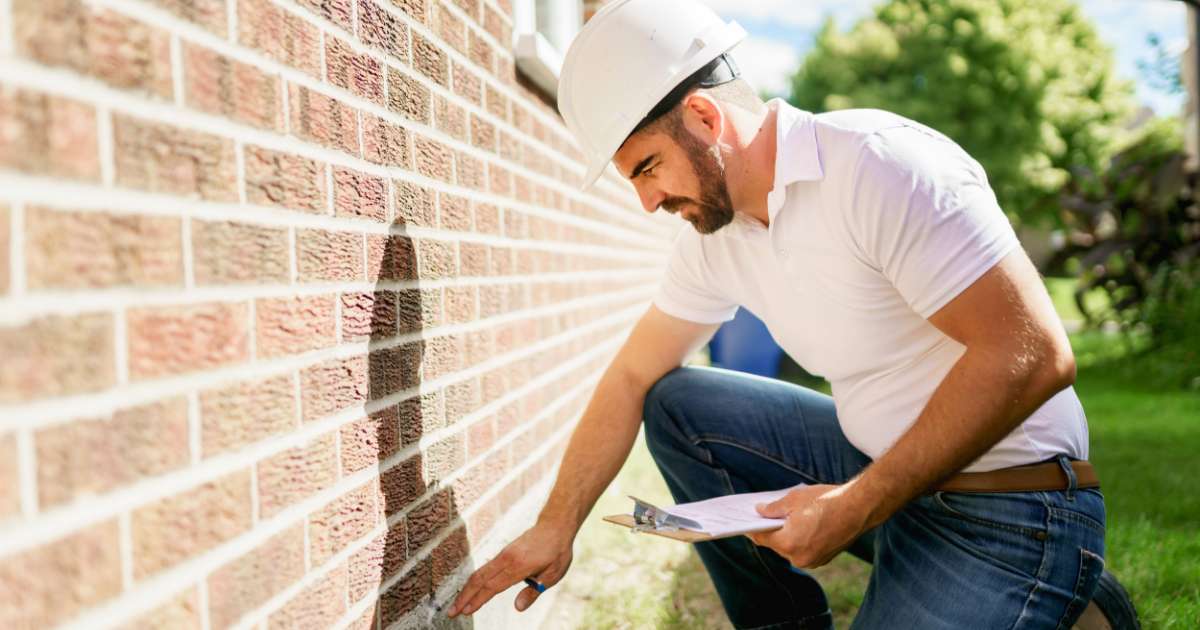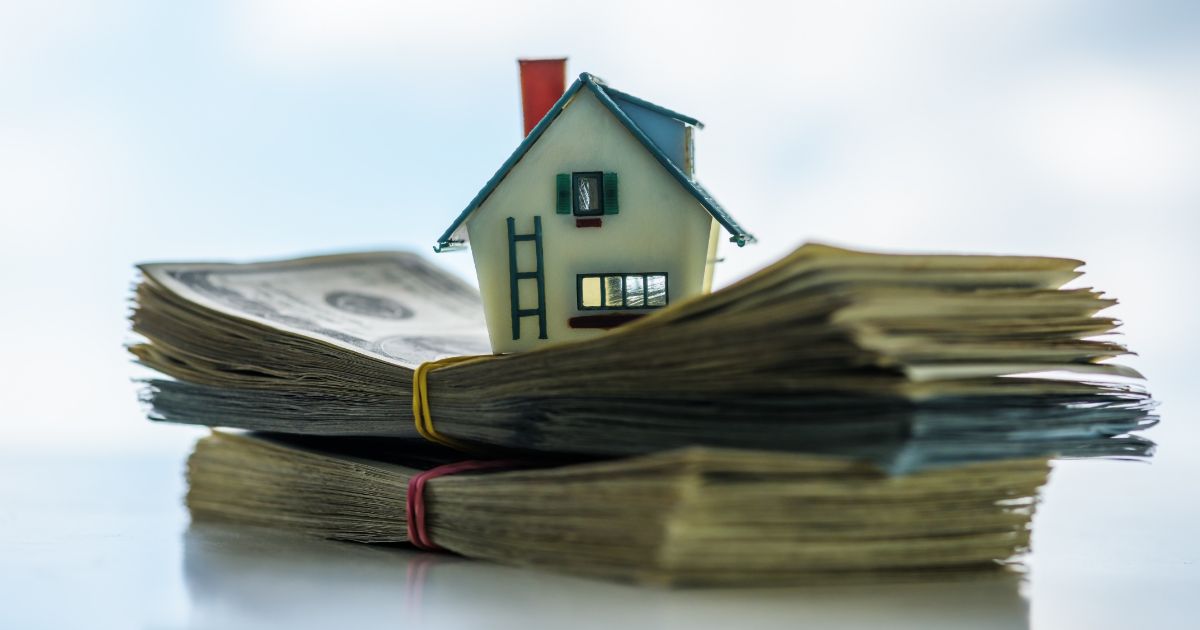Unpermitted additions or renovations can complicate the sales process. Potential buyers realize that bringing the house up to code would be their responsibility, and many buyers don’t want the hassle and expense. So, how can you sell a house with unpermitted work?
Attracting the right buyers by being upfront about the issues is important, so marketing the home to a pool of people who may be interested in buying a house with property standards violations is a good idea. Negotiating may play a large role when selling a house with unpermitted work, and you may have to adjust the asking price of your house. Let’s look at your options when selling a home with housing code violations, the evolution of codes, and why they exist.
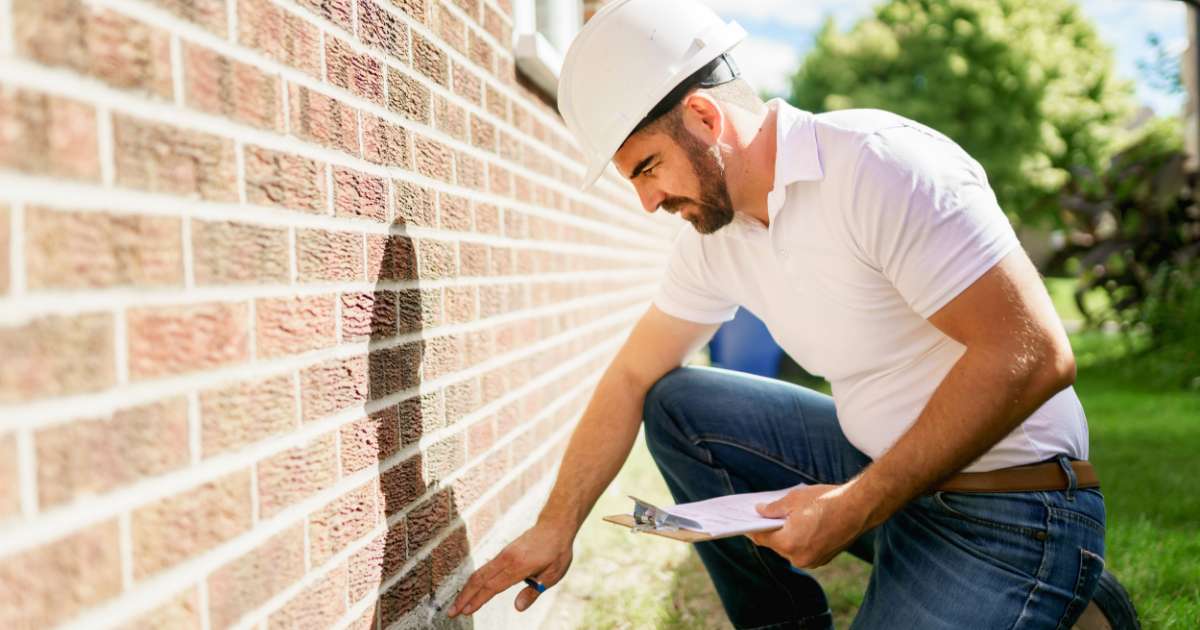
The importance of home inspections and proper permits
Unpermitted work is a code violation, and in Atlanta, homeowners can be fined up to $2,500 per day for unpermitted work. Some other reasons to get required permits include:
- Ensuring quality work: While the work is being done, qualified professional inspectors will evaluate the renovation to make sure it is done properly. If there are issues, they must be corrected before the project is finished.
- Avoiding homeowners insurance issues: Unpermitted work may result in your insurance company dropping your policy. Insurance companies rely on properties being up to code to minimize risk.
- Eliminating safety concerns: Knowing that your work has been done properly by meeting safety standards gives you great peace of mind.
Common code violations that complicate selling a house include improper wiring, plumbing problems, structural issues, and various other safety concerns.
The early history of codes in the United States
When the owner of a property doesn’t follow the regulations and the permit laws set by the city, state, and federal government, it’s a code violation.
Codes became law in many cities and towns during the colonial era, mainly as a fire deterrent. Large city fires in the 1800s, one in Boston and one in Chicago, led to further strengthening and expansion of the laws.
By the early 1900s, more formal building regulations were developed by the National Board of Fire Underwriters (NBFU), which was an organization composed of insurance companies. Large cities such as Chicago and New York implemented their own building codes related to sanitation, fire safety, and multi-story buildings.
Post-war standardization of codes
The building boom after WWII led to national codes that were developed as a standard for the country, while other organizations developed regional codes. In 1994, three major code organizations merged to form the International Code Council (ICC). In 2000, they published the International Building Code (IBC), which contains a set of standards for the nation.
The IBC codes are updated for new construction methods and materials, and they aim to promote structural integrity, fire prevention, energy efficiency, and accessibility for people with disabilities.
Selling a house with unpermitted work in Atlanta
If fixing the code violation is an option, you can do that. It may mean tearing down the existing finished work and paying fines for not having a permit to begin with, then completing the work with the proper permits and inspections. If you prefer not to redo the unpermitted work, you can sell the house “as is.” But know that some mortgage companies won’t approve a loan for a house with unpermitted work, so your buyer pool may be smaller.
Although an official statement of disclosure isn’t required when selling a house in Atlanta, sellers must answer honestly when asked questions about the house and any past work done, defects, age of house, code violations, and other issues. Failure to answer honestly may lead to legal repercussions after the sale.
Options for selling an Atlanta house with code violations
As noted above, you can reduce the selling price of your house. Or you can sell your house the traditional way after taking care of the unpermitted work. There’s also an option for selling a house that is simple, quick, and convenient, and allows you to sell your house with unpermitted work easily.
When you sell to We Buy Ugly Houses®, you’ll get a fast offer on your Atlanta house and won’t have to deal with permits and renovations, or long waits and drawn-out negotiations. Simply contact us for a free, no-obligation consultation with one of our friendly Atlanta-area property buyers. We’ll come to your house, take a tour, and answer your questions. Sometimes, we can provide an offer the same day.
If you accept our offer, we can sometimes close in as little as 3 weeks. Let us know if you need more time, and we’ll try to arrange that. We don’t charge commissions, we have excellent seller reviews, and we pay typical closing costs. Our offers are typically below market value in exchange for speed and convenience.
Contact us today to learn more about how we can help with your house that has unpermitted work. We specialize in buying houses “as is” and make the process hassle-free.
This blog is for informational purposes only and should not be considered legal advice.




